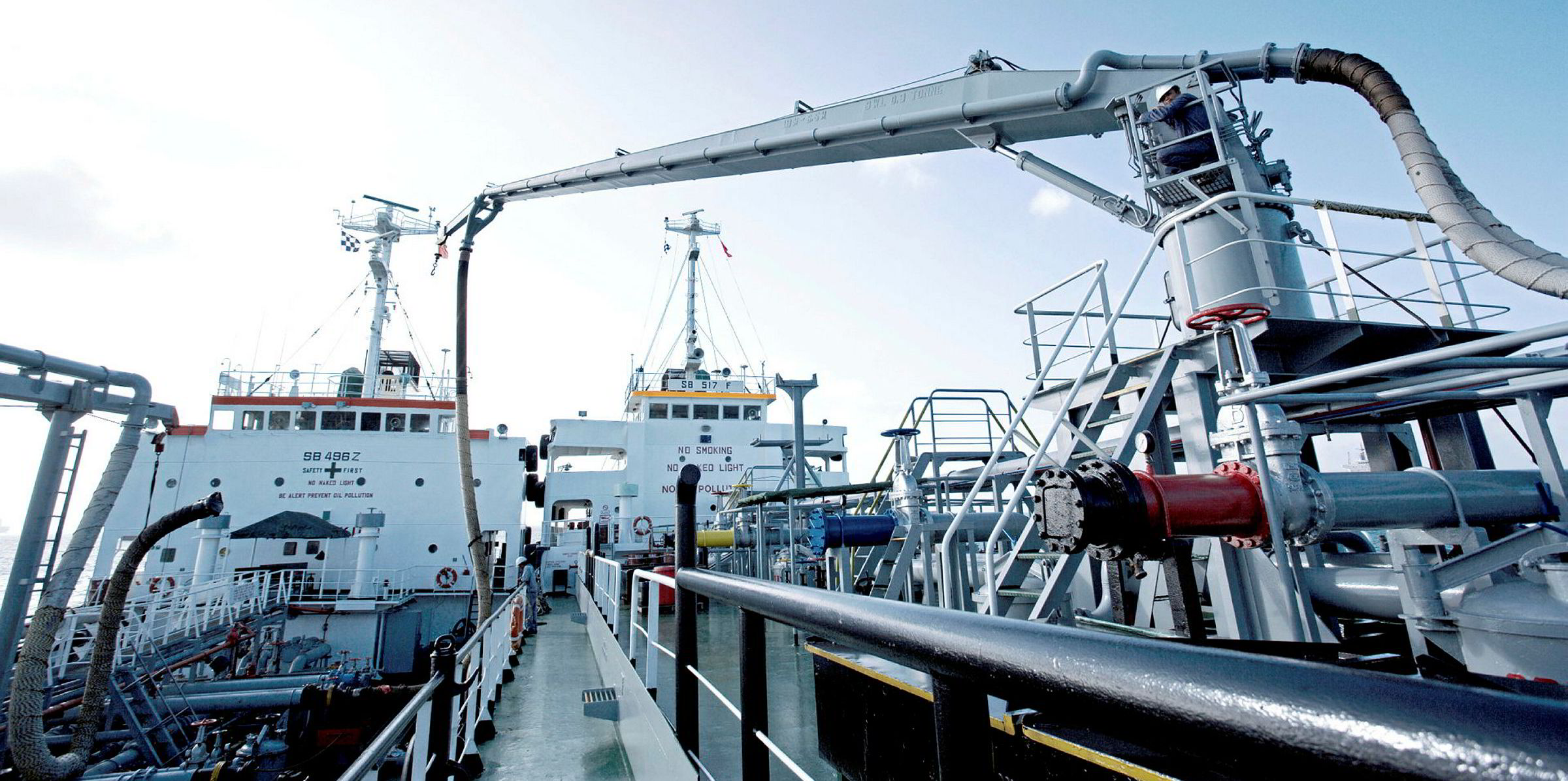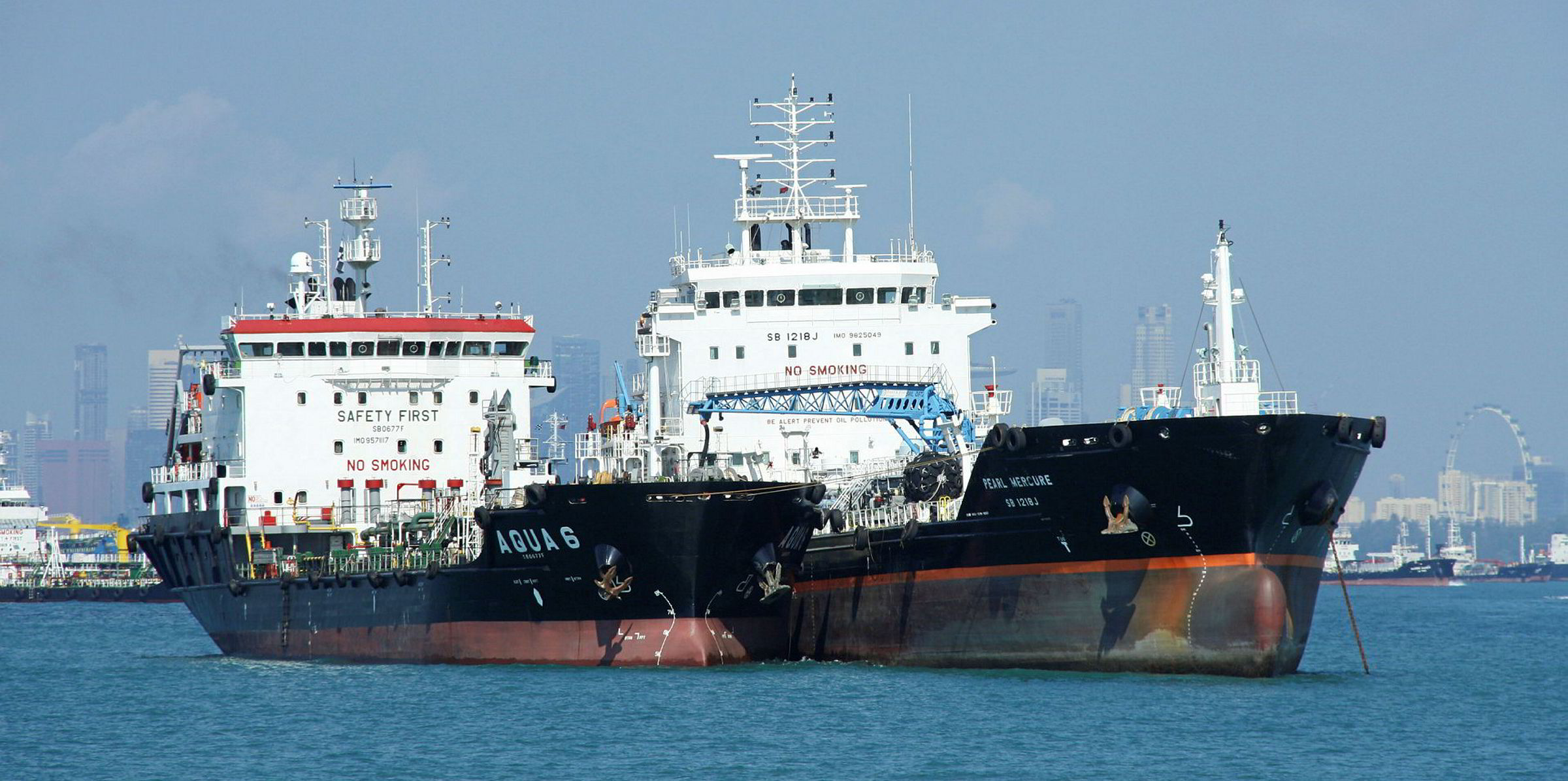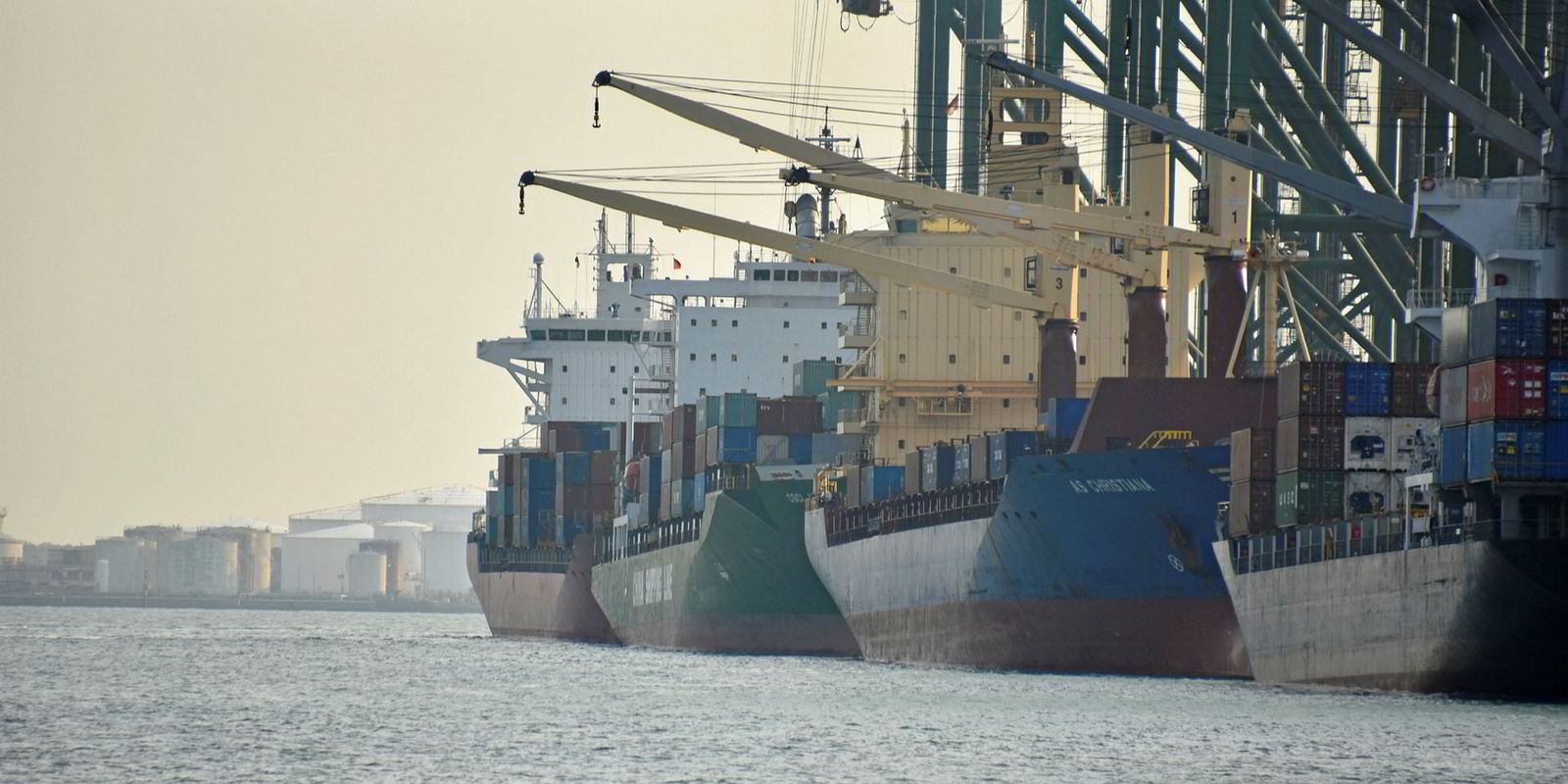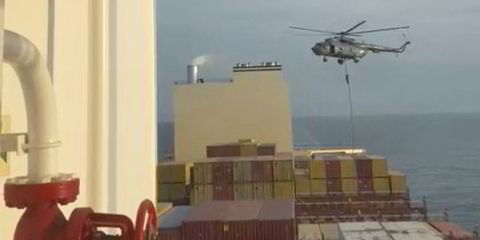The financial punishments for flouting IMO 2020 sulphur cap regulations in Singapore are not sufficient, a top shipowner told the TradeWinds Shipowners Forum on Tuesday.
“I don’t think a fine of $10,000 is not enough,” Pontus Berg, executive vice president, technical & operations at BW LPG told the audience at Marina Bay Sands.
“The potential gain from a transpacific voyage is millions, so $10,000 is not going to deter everyone.”
Joachim Skorge, managing director, regional head of Asia at DNB Markets said “there will definitely have to be consequences” for flouting IMO 2020 rules or it won’t make any sense.
“Our clients take this issue very, very seriously, most of them have a strategy and they have prepared for this,” he said.
“There are multiple strategies in terms of dealing with the issue, but when it comes to all the clients we talk too, none of them are ignoring the issue, or not taking it seriously.”
Caroline Yang, chief executive of Hong Lam Marine and also the chairman of the Singapore Shipping Associations’ marine fuels committee said: “If you want to implement something effectively, it must come with enforcement.
“If you are a shipowner coming into Singapore you have to be prepared for checks, because ultimately you are the one that is responsible.
“If you order compliant fuel from a supplier who says he is giving you compliant fuel but at the end of the day you do not receive it, you are responsible, commercial implications aside, to the port state authority.
“So the penalties that will be enforced in Singapore are clear: the detention of the vessel, a $10,000 fine or two years jail and I think it has to be enforced.”
Earlier, Captain M Segar, the assistant chief executive of Singapore’s Maritime & Port Authority (MPA) reminded delegates that non-scrubber fitted ships arriving in Singapore with non-IMO 2020 compliant fuel, will have to undergo the costly exercise of replacing that fuel with compliant fuel before being allowed to leave port.
He suggested that ship operators limit their purchases of non-compliant fuel before the sulphur ban kicks in on 1 January 2020.
Segar assured the shipping community that Singapore’s fuel reception facilities have enough capacity to meet expected industry demand.






